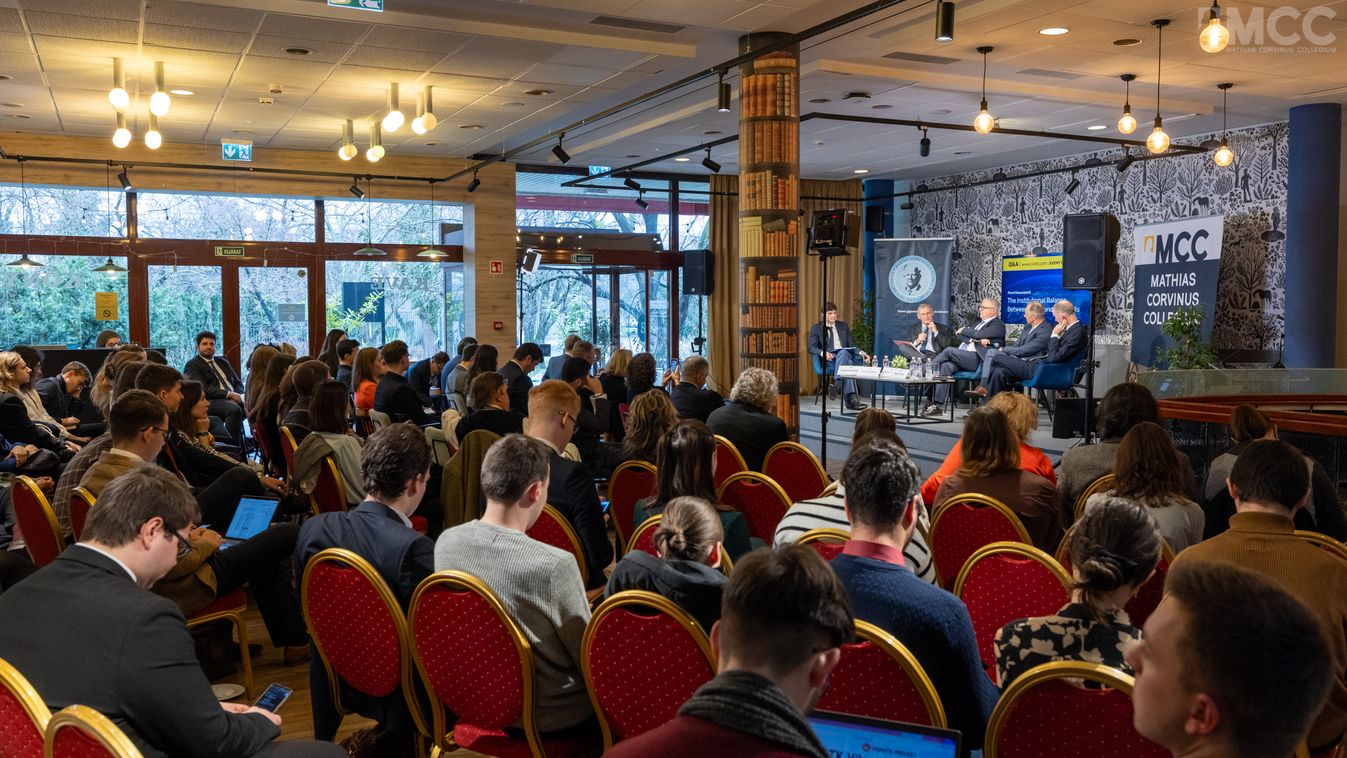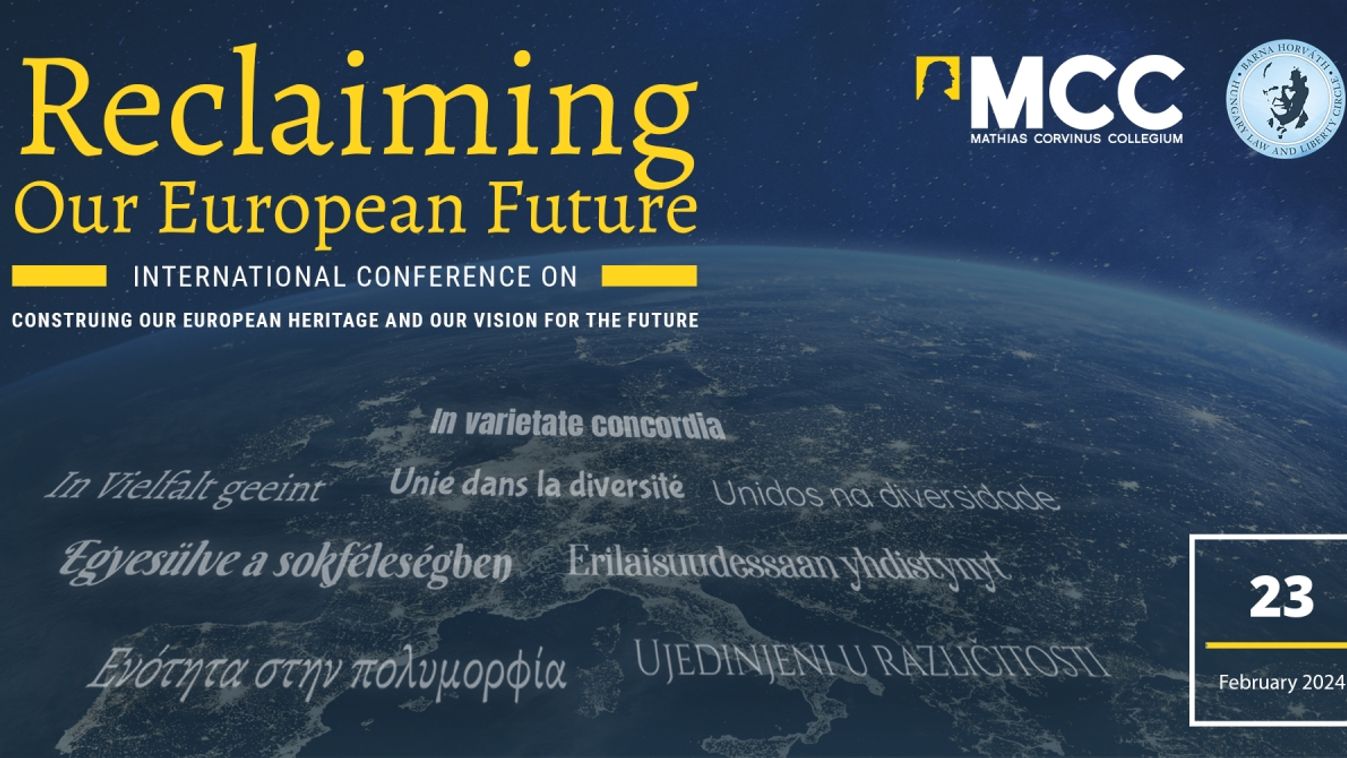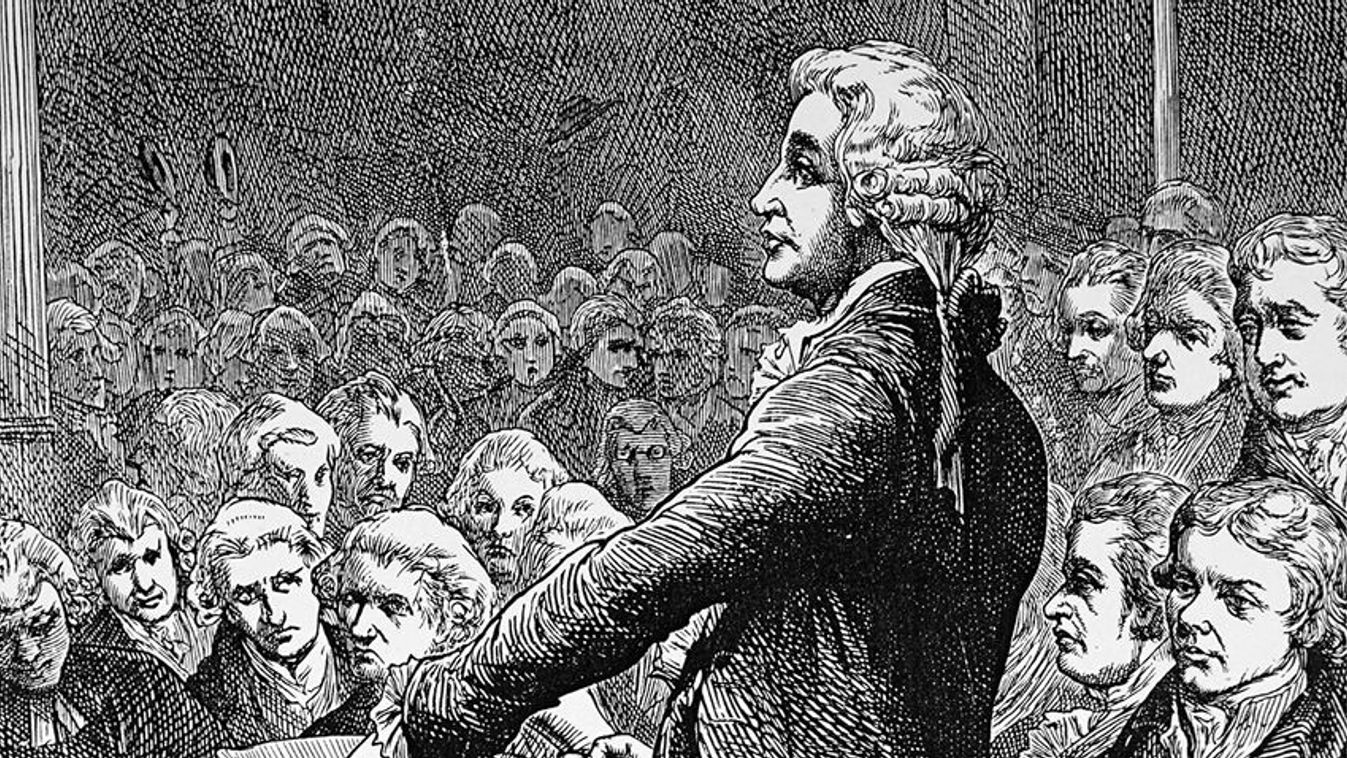Adam J. WHITE was a research fellow at the Hoover Institution. White is the director of the Center for the Study of the Administrative State at George Mason University's Antonin Scalia Law School, where he also teaches Administrative Law. He writes widely on the administrative state, the Supreme Court, the Constitution, and regulatory policy, with special focus on energy policy and financial regulation.
Many scholars and writers in America, including for example Christopher Caldwell, Charles Kesler and others, are of the opinion that the current division of the country reflects two constitutions or at least two different conceptions of the same constitution and two sets of constitutional values. How do you see this dilemma from a constitutional perspective?
This is not a new dilemma, as there have been always disagreements over what exactly the provisions of the Constitution mean. At the beginning of our country, there were massive debates and landmark Supreme Court cases over the scope of federal power, over the power of the federal government relative to the States, along with other questions. Today there are Americans who disagree profoundly what the Constitution means in our own time. It is true that
a large part of this disagreement does have a lot to do with the nature of modern administration
—or, the “administrative state”.
Some pointed out that the growth of the “administrative state” increasingly poses a threat to the originally envisioned constitutional structure of the United States. How, in your view, has the growth of the administrative state contributed to the phenomenon of having two sets of constitutional values in America?
We have a government now that has, at its center of gravity, administrative agencies. I think our Constitution is best understood as putting Congress at the center of gravity for the federal government. However, today
federal agencies have been given immense power over the last century,
and they really are the prime engines of policymaking as well as the centers of politics. This is one of the major fault lines of modern American constitutional government and debate.
How has the rise of administrative state distorted government?
I think it has distorted government in at least three ways. First of all, when there is a major dispute about policy that we need a new law, the political energy at the federal level in our country flows immediately to the President and his agencies. When people want policy change, they try to do that through the President and agencies. So there is a natural shift in policy away from Congress, and that trend starts to reinforce itself.
The less Congress does, the less the people ask it to do.
Therefore, the administrative state has taken far too many issues away from Congress.
The second thing is that the courts have given a lot of deference to federal agencies in interpreting the law. We do not want the courts to make policy judgments and micromanage agencies. But judicial doctrines intended to keep the courts from micromanaging policy decisions have brought us to a place where the courts became less and less energetic in enforcing the actual rule of law. One of the debates we have now is whether the courts reassert themselves more—should the courts push back more against agencies? Over time, think the advantage was on the side of agencies.
Third, the administrative state is now so big that it slows down the Presidents in law enforcement and takes away powers from the States. The administrative agencies are often time dictating policies to the States in a way that upset the federal nature of our Constitution.
We could witness an originalist shift in the federal judiciary over the last term. What does this shift mean for the administrative state as well for the distortion of the government structure?
Our Supreme Court issued a few decisions in the last term that pushed back against agencies and told the agencies that courts should give much less deference and much less leeway to the agencies when they suddenly assert new, unprecedented and broad powers under old statutes. But it was not a great surprise, it was rather a culmination of a few things. In general, the federal judiciary has become more skeptical of agencies suddenly claiming new powers under old statues. The courts also worry about Congress delegating too broad powers to the agencies as well as about federal agencies making radical changes in policies without really explaining themselves. There are going to be a check and balance against the agencies. As you mentioned it is not just the Supreme Court, but the lower courts have also become much interested in these issues and they are elevating these questions that eventually become Supreme Court cases.
There are increasingly vocal debates about the nature and uniqueness of the American way of life. The Claremont Institute recently launched a project that specifically aims to address this question. How, in your view, could the growth of the “bureaucracy” either influence or distort the American way of life?
One of the greatest analysts of the American way of life was Alexis de Tocqueville, who travelled in the United States in the 19th century and wrote about his travels. One of the many things he focused on is the nature of administration in America. In his time, when he toured in America, administration was not a huge, centralized monolith governing the country at large. At that time, administration spread out through the country. It was not entirely distinct from local communities. This was an integral part of local life and local government in a way that you did not have this outside force trying to shape these communities. Instead, local life and federal administration were deeply intertwined with one another. Today there is a risk that in modern administration, people with power are not necessarily fond of traditional American habits, religion, and way of life.
There is always a tendency in administration to try to impose new rules on people you do not like.
One of the real challenges today is shrinking the scope of modern administrative state precisely to create space and civic organizations to really reassert themselves.
The European Union has its own problems with democratic deficit and democratic accountability. In addition, it has its own “administrative state” that is increasingly interfering and overriding the law-making powers of the Member States of the EU. What are the main lessons the Europeans should be mindful of concerning the American experience?
One of the things about administration, as you point out, is that information runs in both ways. The government is in a position to spread information. But the government ought to frame itself in a way that allows to best receive and discover information. Information that comes from local communities. Not just abstract, theoretical information but information that is embedded in the habits, customs and norms of day-to-day life. Administration that moves too swiftly, too unilaterally or too confidently, just overrides all of those things in a way that does not only hurt those communities but the hurts the government itself in its ability to actually learn new things. So there are a couple challenges. Getting government to actually subject itself to procedures and to structures and norms slow things down and give the people a chance to really be heard. Europe right now faces challenges even more difficult than America, for example in questions of sovereignty, the relationship between the European Union, its agencies and the Member States and their own legal and governing institutions.
The real challenge in Europe is how to create space for the Member States to actually administer their own laws
and face their voters without constantly having to be managed from above by the EU.
How, in your view the dilemma of centralization and “administrative state” could and should be addressed?
Today one of the real questions in America is the breadth and power of agencies gave been given by Congress, because it complicates every aspect of government. It complicates the court’s job if the law is written in broad term, or the agency has huge discretion under a statute. It means that over time policy can change very radically and very quickly with the change of leadership. That sets the stage for real instability and makes it harder for economic growth and innovation. The question is how you actually write laws that the agencies can administer and are not written such an open-ended terms that is really no rule of law any longer.






















